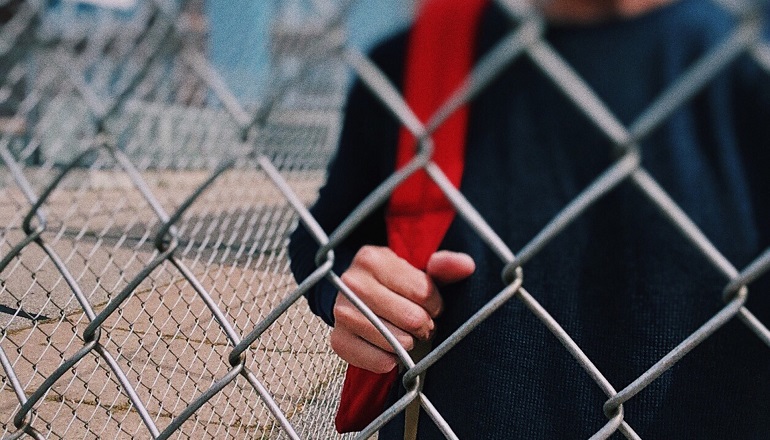How would you feel if on the way to school one morning, your 11-year-old said, “Mom, just drop me off at the corner. I don’t want my friends to see this old car”?
I’ll tell you how you’d feel. The first time it happens, you’re crushed, stunned, amazed that this child, who just last year walked through the mall with you hand in hand, now doesn’t want to know you. You start wondering where you’ve gone wrong. What have you done to be so thoroughly rejected?
Relax. And whatever you do, don’t take it personally.
What’s Happening?
Your pre-teen youngster is growing up and his need for emotional independence is emerging with a vengeance. At this age, children struggle to find a relationship balance as they move from the dominance of the family unit out into a world of friends. Unfortunately, these “tweenagers” seldom make the break without stepping on their parents’ emotional toes.
The first thing you have to understand is that you aren’t the bad guy. Your children aren’t trying to hurt you, they just don’t want you around. So remember:
Your child’s rejection of affection isn’t a rejection of you. Although your youngster may shun that good-bye kiss in the morning, especially in front of friends, and may “appear” to need you less and less, it simply isn’t true. She is just searching for a more age-appropriate way to relate to you. Try a squeeze of the hand instead of a kiss, or save that hug for just before bed. Children need to feel your touch, but not necessarily in public.
Don’t fall into the trap of thinking ” I’m not needed” or “I’m not a good parent.” A child’s negative response to parental attention can leave a parent with shattered self-esteem. And the inevitable “you’re not my real parents” comments from a child may cause you to think of this as an adoption issue rather than a normal developmental stage. A good way to guard against a too-emotional response to your child’s actions is to be prepared for them. Compare notes with friends who have adolescents, and you’ll realize you’re not alone. As our children move through these challenging times in their lives, it’s important that we remember that their need for love, acceptance, and commitment hasn’t changed. But sometimes we have to come up with other ways of showing them we care.

